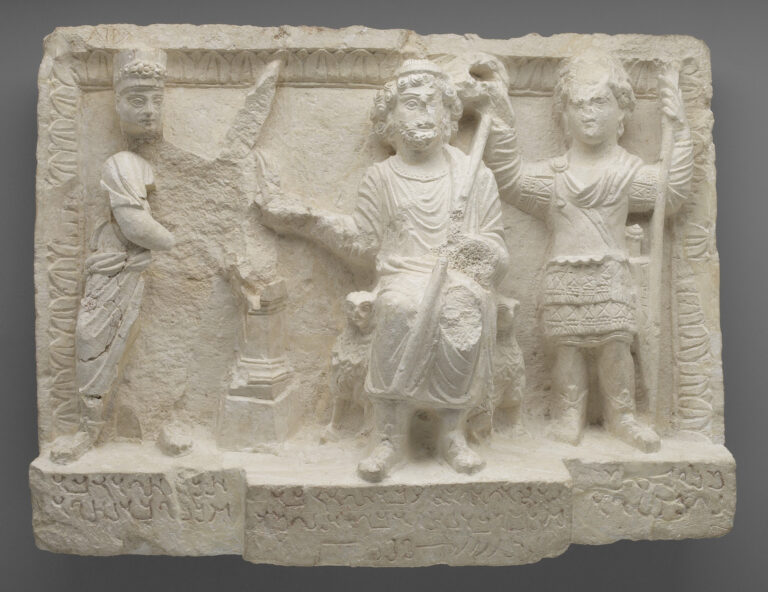Book of Revelation in the Textus Receptus
Minority Readings in the Book of Revelation The Textus Receptus departs from both the Nestle-Aland Text and the Byzantine Majority Text considerably in the Book of Revelation. In these instances the Textus Receptus often follows Erasmus’ Reuchlin manuscript (2814). At times Erasmus departed from 2814 and followed the Vulgate (vg), other Andreas texts (MA), Church … Read more


